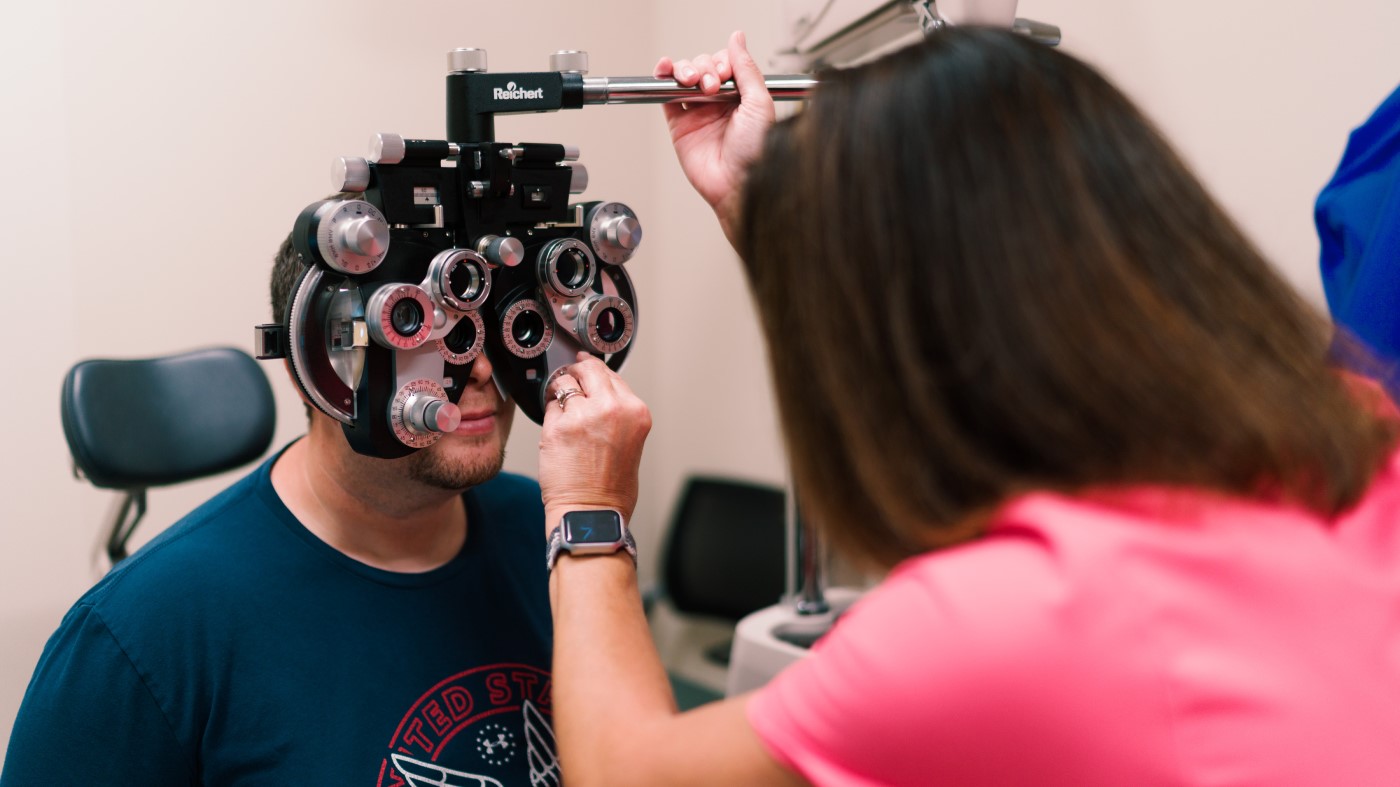Help bolster our mental health workforce and increase access to care for rural Veterans through a new initiative tied to the Commander John Scott Hannon Veterans Mental Health Care Improvement Act.
If you’re looking for a career supporting the mental health of Veterans, our newly classified licensed professional mental health counselor (LPMHC) and marriage and family therapist (MFT) positions are a great way to bring your talents to VA.
A community of care
As an LPMHC or an MFT, your work will have an immediate impact on the lives of the Veterans in your care. You’ll be providing counseling to individual Veterans, as well as their spouses and families, to help them find the solutions they need for better mental health.
Whether you’re focused on group services or individual counseling, you’ll be an important member of our Patient Aligned Care Teams (PACT), partnering with your fellow health care providers in addressing the whole health of our Veterans.
These counselor and therapist positions build upon VA’s already strong mental health and suicide prevention efforts, and you’ll join numerous professionals who share in your commitment to caring for Veterans.
Landmark legislation
Though the Hannon Act was passed in October 2020, the effort to develop an approved occupational series focused on LPHMC and MFT positions at VA is an important step forward for the program.
By developing these occupational series, announced on the two-year anniversary of signing the act into law, VA has empowered our human resources specialists to post job vacancies and more quickly place qualified candidates in open positions, a boon to mental health care hiring efforts.
“Ensuring the steady and streamlined hiring of mental health providers is a key component in our continued push to strengthen VA’s workforce in rural states like Montana,” said Senator Jon Tester, Senate Veterans’ Affairs Committee chairman. “That’s why this change is so critical—it’ll establish a process to fill critical vacancies, retain qualified talent, and connect more folks in hard-to-reach areas with the quality mental health care they need and earned.”
Reaching out to rural Veterans
Alongside recent efforts like the PACT Act, which offers incentives when professionals like you come to our rural facilities, the Hannon Act also offers new ways for VA to continue the fight for our Veterans’ mental health, particularly in rural areas.
The act includes grants that will expand community-based suicide prevention services to reach Veterans in remote areas, strengthening VA’s workforce and our response to the mental health needs of Veterans. Our plans also include boosting telehealth availability in rural areas, which will reduce the barriers many Veterans face in accessing mental health services.
The act also helps us establish a scholarship program to build on professional education for VA’s mental health providers, bringing new, innovative ideas to our repertoire and further extending support services to Veterans in rural areas.
We make these investments because we know the impact that your expertise can provide. You can have a huge impact on the mental health of the entire Veteran community.
Work at VA
As we improve access to mental health care options for Veterans in underserved communities, there are numerous ways we’re improving our care of Veterans, and numerous ways for you to join our VA workforce.
- EXPLORE mental health careers at VA.
- READ more about the Hannon Act.
- LEARN about our telehealth initiatives.
- FIND a mental health career at VACareers.va.gov.
NOTE: Positions listed in this post were open at the time of publication. All current available positions are listed at USAJobs.gov.
Topics in this story
Link Disclaimer
This page includes links to other websites outside our control and jurisdiction. VA is not responsible for the privacy practices or the content of non-VA Web sites. We encourage you to review the privacy policy or terms and conditions of those sites to fully understand what information is collected and how it is used.
More Stories
Whether it’s access to the great outdoors or a calmer pace in your everyday life, you can find it in rural VA communities around the country.
We offer some quick and easy steps to show you how to format a cover letter, and what information to include.
The eye care provided by ophthalmologists can make all the difference to our Veteran patients.





